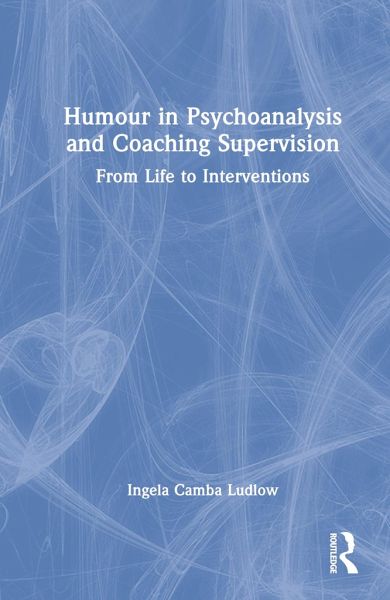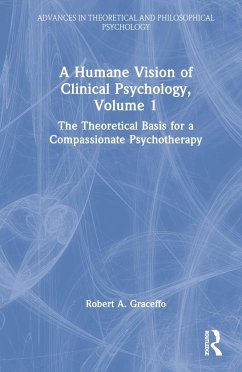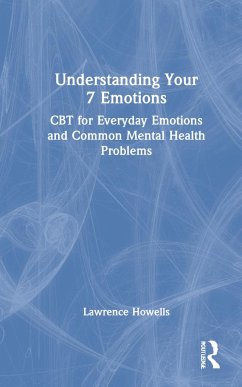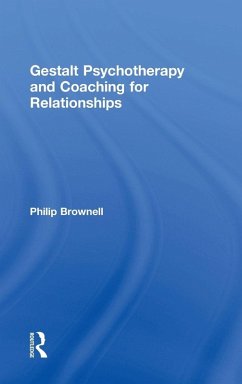"I think it's the best encapsulation of humour in coaching that I have seen (and one of the best overviews of the science of humour).
Coaching is a creative process and as such is enhanced by playfulness. The more we understand about effective coaching, the clearer it becomes that coaching is improv for learning. This book provides a invaluable resource for professionals to bring laughter into the core of their practice".
David Clutterbuck, Special Ambassador European Mentoring & Coaching Council; visiting professor Henley Business School
"I have been in psychotherapy several times in my life and I cannot think of a single occasion when my therapist told a joke or used humour with me. On the
other hand I did on many occasions try to make my therapist laugh. I guess there were many reasons for this, both conscious and unconscious, but when I did - I was occasionally successful - I felt a sense of connection. Of course I may have been trying to manipulate them away from painful material, as Camba Ludlow suggests, and no doubt that was sometimes the case as, but the feeling of joining in on the joke was one that felt human and satisfying.
These experiences, along with a slight feeling of guilt when laughing with of my own clients, made me very curious to read this book. It doesn't disappoint in its in-depth exploration of the history, meaning and structure of humour, as well as its use in psychoanalysis and coaching. Camba Ludlow shows us that humour can be used in many different ways, and can illicit many different responses.
Amongst other effects, it can subvert rigidity in thinking and burst the balloon of narcissism and pomposity, so has a useful role to play in coaching and psychoanalysis (including other forms of psychotherapy), as it brings us up short and helps us to face uncomfortable truths as well as encouraging us to experience the way we are all part of the flawed and vulnerable human race."
Judy Ryde, PhD, psychotherapist and supervisor














